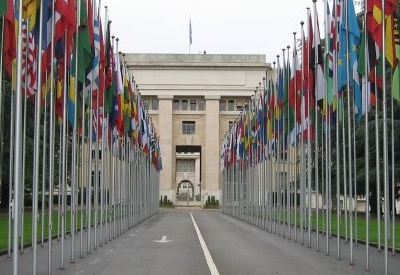Tibet's future leadership in a vacuum
Turmoil in Tibet 2012 MSNBC
 |
{1}Considering that the 14th Dalai Lama -- Lhamo Thondup- turns 84 next July, as it is said in the world of sports, Father Time, is undefeated. The Tibetan Government in Exile or Central Tibetan Administration has a Regent, Lobsang Sangay who directs the administrative functions and is capable with a Harvard law degree. However, Mr. Sangay does not carry the spiritual reverence of a Dalai Lama or perhaps, even a "mendicant" or disciple among the Buddhist community. (2)Typically, the Panchen Lama is subordinate to the Dalai Lama and is seen as a spiritual figure primarily and leader in monastic affairs, secondarily. The Panchen Lama plays an important role in selecting the successor Dalai Lama and wouldn't you know it, the "legitimate" Tibetan Panchen Lama has not been seen since approximately, 1995. The Chinese central government has appointed a Panchen Lama Chokyi Gyalpo who is not acknowledged within the Tibetan community as legitimate, for good reason. Consider that a Chinese appointed Panchen Lama will select a heavily influenced vote for the 15th Dalai Lama whenever, that should take place. {3)The problem is two-fold. The current 14th Dalai Lama is a Nobel prize winner and is internationally well known and respected. As a comparison, the Roman Catholic Church has never been able to replicate the popularity of Pope John Paul II who passed away in 2005. Even with the Central Tibetan Administration having the authority to select "a" Dalai Lama, the lack of someone as media friendly as the 14th Dalai Lama poses problems as both the individual and the process face growing pains. Secondly, a Chinese appointed Dalai Lama will face disdain within the Buddhist community not having been sanctioned in the traditional manner. (4)For China, the central government has an appointed Governor that manages Tibetan affairs - Losang Jamcan - who is an ethnic Tibetan, resides in Tibet, and is a member of the Communist Party of China. China has nothing to lose by allowing the next Dalai Lama to be appointed by the TGIE/ CTA--they have tight control over the spiritual and business aspects within Tibet. The central government can maintain the status quo and allow the successor Dalai Lama to operate, as has been the case since 1959, in Dharamsala, India which would foment good will within the international community and Buddhist circles. This can not be conceived as a power sharing ritual between China and the government in exile.China has its Tibetan Governor; Tibet has its legitimate Dalai Lama. (5)Everybody wins if the narrative involves strengthening ties to Tibet’s cultural and monastic past and not further weakening those roots. The current Dalai Lama has created rancour among Chinese authorities for stating that maybe the position of Dalai Lama should be terminated upon his death. Frankly, given that China considers this Dalai Lama a separatist and a "wolf in sheep's clothing" make the prospect of a trusting relationship between Regent and Chinese central government, improbable. In the meantime, long life and good health to the 14th Dalai Lama.



